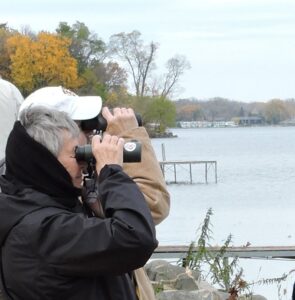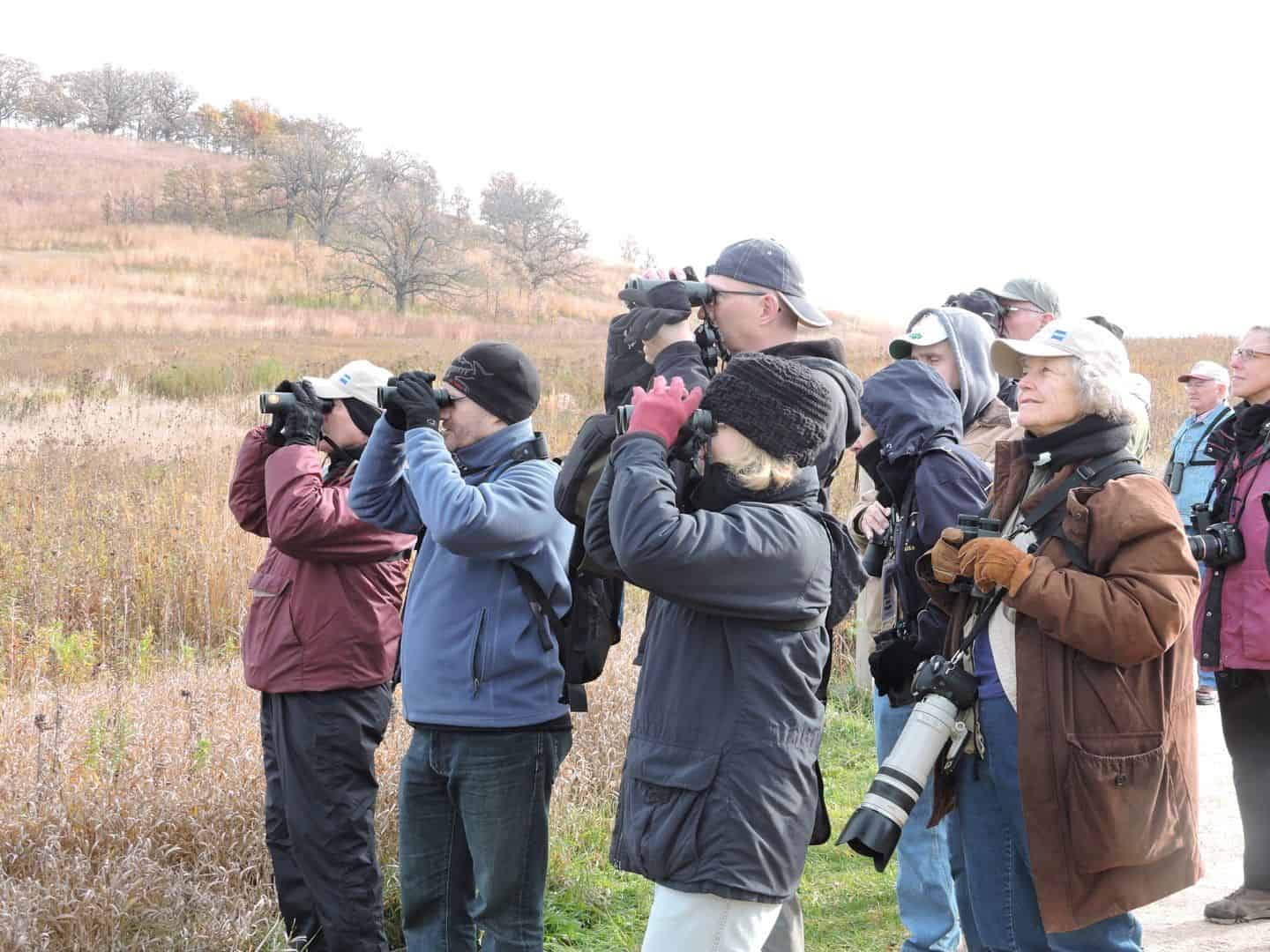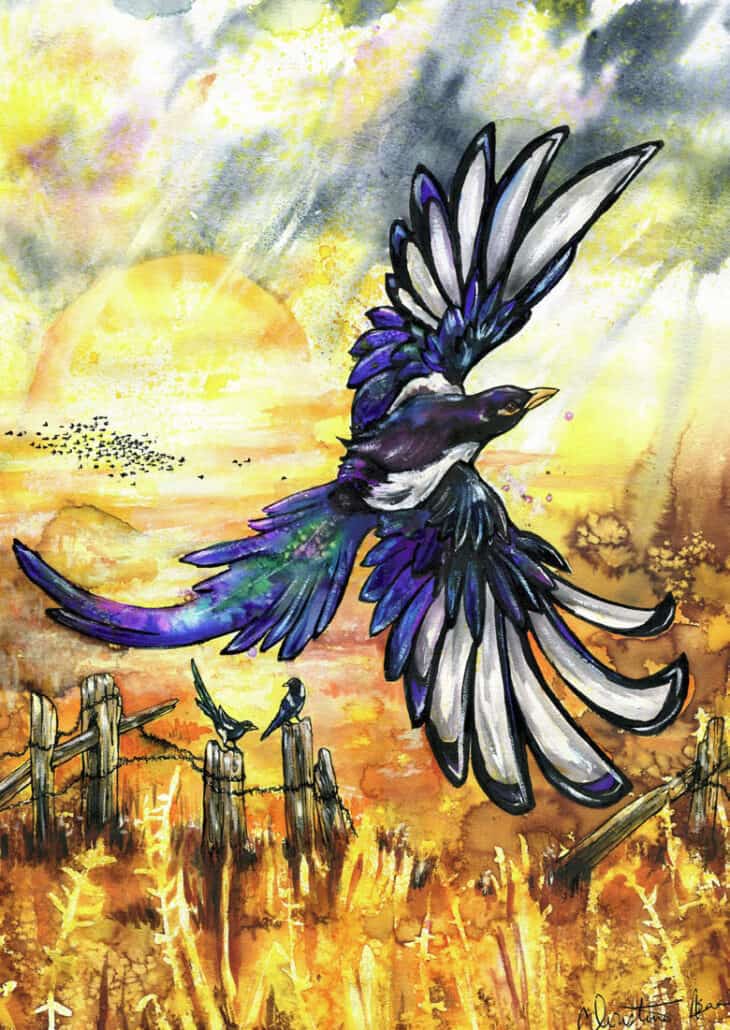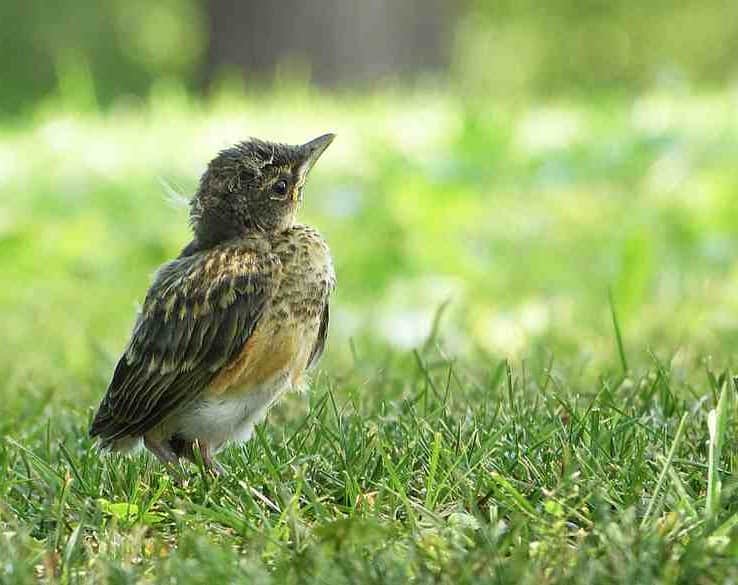
Why do we bird?
Is it our hunting instinct sublimated? Could it be that our penchant for collecting is being positively perverted? Is listing actually about our ancient need to record history or is it because we want a bigger pile of blue things next to our bower to thoroughly hack off our poorer neighbors? Maybe it’s just that as long as the genus homo has been sapient we have been fascinated by flight.
It’s a trick question of course, as there is no one answer. Like many human pastimes there could be said to be as many reasons to birdwatch as there are birders, but there are some definite “tribes” of us with broadly similar motivations.
You might rightly be wondering why it matters, or if, in fact, it even matters at all.
It’s important to those of us concerned with conservation in general, or bird welfare in particular because we need to know whom to target and how to get our messages across to them.
I’ve seen birding, particularly in the U.S. called a “sport” and there is no doubt that to some people it is, and to a whole lot more of us, it becomes one occasionally. If you are a competitive birder then it matters to you how you are performing in relation to other birders. So the way you bird is different depending on why you are doing it.
Humans have had a relatively few years of “civilized” behavior, but have had many hundreds of thousands of years hunting for food or competing with others for that food. To my mind, competitive listing, or twitching as the Brits call it, is the hunting urge sublimated. There is no doubt that to find rare birds you need to hone ID skills and field craft; hunters need to know how to recognize the best food species and how to get close enough to dispatch them.

It’s easy to see what a hunter ends up with after a successful hunt, but what is the prize for competitive birders? To some a photo is the thing, but to most it’s merely the satisfaction of a tick on some list. It’s all very well having the tick to gloat over in private, but from what I’ve seen, waving it over your head as a triumphant trophy is much more fun.
For many of us, birding is a much more personal and private, maybe even a solitary thing. I suspect we are mostly motivated by our fascination with avian science or by the sheer beauty of birds. For me it’s the latter. Being in a quiet place, lost in the spectacle of natural beauty tops extending species lists every time.
I’ve lost count of the number of times a non-birder has asked me why I bird and then asked, “Do you take a photograph?” My reply is usually tailored to what they love in life, and I’ll ask, for example, if they take a photo of the golf ball disappearing down a hole as they finish their round. Their laughter at the question often stops them in their tracks. Virtually any pastime seems weird or fruitless when deconstructed.
From the conservation angle, it’s no use trying to appeal to rarity chasers by telling them that they can help make a rarity more common. But they might be motivated by an appeal to preserve the habitats that attract vagrants to their neck of the woods. Membership of their local conservation organization or bird club might appeal to them when they know that their subscription will help save a preserve from being eyed by the developer’s bulldozers or the axe man, if it regularly turns up stonkers (that’s British for a terrific and rare bird) to extend their lists.
Some of us are pushovers of course. Just showing us the picture of a barn owl is enough to get us diving to the bottom of our pockets in a rush to hand over our last brass farthing (and there can’t be many of those left).
Our tribe are the descendants of Neanderthals who probably missed out on the mammoth steaks, being too busy watching the erratic flight of dragonflies or just grinning inanely at the wonder of high-flying swifts. Our Cro-Magnon neighbor’s cave was probably covered in the tallies of all his woolly rhino and aurochs meals, whereas our precursors will have had just one lovingly crafted bison portrait, colored with the juice of the berries and roots left over from his foraged meals.
My speculation may be way wide of the mark of course, and those reading this (and incidentally, thanks for doing so) might want to put me right. Feel free. As far as I am concerned it takes all sorts to make the human world more interesting and each should be appreciated for their individual characteristics, just like bird species, really.
Read Bo’s observations and reviews at fatbirder.com. Follow him on Twitter at #Fatbirder.


